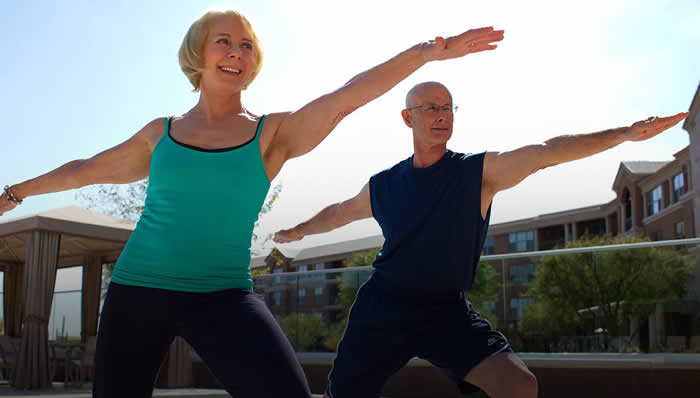7 Safety Essentials for Florida Seniors
Florida’s senior population continues to grow as baby boomers head south to make savvy investments in Florida’s hot real estate market. As real estate professionals, we uniquely specialize in helping seniors downsize and find homes to enjoy during their retirement years. While waterfront condominiums and senior communities with ample amenities are popular requests, we have noticed that safety is repeatedly on the list of criteria for many senior homebuyers and snowbirds.
Here are seven safety essentials to consider when searching for a home to meet your needs as you age into your golden years:
- Well Maintained: Many seniors on fixed budgets will want to avoid homes needing extensive repairs or renovations. Well maintained, move-in-ready homes that have already been updated or new condominiums are often a wise choice for seniors looking for a relaxing retirement.
- One Story: Whether it is arthritis, fatigue, or an unforeseen injury — stairs often become difficult to maneuver as a person ages. By fine-tuning your search criteria, a realtor can easily provide showings limited to first-floor condos, buildings with elevators, or one-story homes.
- Modified Bathrooms: According to the National Council on Aging, one in four seniors (65+) in America fall each year, and we all know bathrooms are often a slippery spot. Bathroom areas should have mounted grab bars in the toilet and shower areas. If not, add those modifications to your move-in-to-do list. Also, plan to safeguard bathroom areas with nightlights and nonslip surfaces to help prevent falls. As time goes on, you may also consider a walk-in bathtub or other solutions.
- Safe Flooring: Stone flooring and polished tiles may look fantastic, but they could also be a painful fall hazard for seniors. Carpet, skid-proof floors, and rooms with smooth transitions are typically helpful for safety. A wheelchair or walker, however, may be difficult to maneuver on carpet. These are important factors to consider depending on your maneuverability and health status.
- Hazard Free: Walk-through areas like halls, doorways, and stairs should have adequate lighting. If applicable, you will also want to be sure entryways and halls can accommodate wheelchair access. Once moved in, be sure to limit unnecessary furniture, eliminate clutter, and reduce fall hazards like loose rugs.
- Working Alarms: In addition to inspecting appliances and structures, a professional home inspection should include an assessment of properly working smoke detectors, carbon monoxide detectors, and security systems. Also, be sure working fire extinguishers are accessible on the property prior to moving in the home.
- Secure Locks: Properly installed locks are important for both homeowner safety and home security. This is also something a home inspector can check. If there are issues, have them fixed before moving into the home. If you’re a snowbird or leaving your home for long periods of time, consider installing a home security system or store valuables in a safety deposit box.
We hope these tips help to ensure you enjoy a home that offers a safe environment for many years. Whether you are preparing to downsize or moving between homes, we look forward to connecting you with home experts ready to provide a simple and seamless transition. Contact Dick and Karla Nielsen at 813-294-5786 for advice on downsizing, buying, or selling your home.







